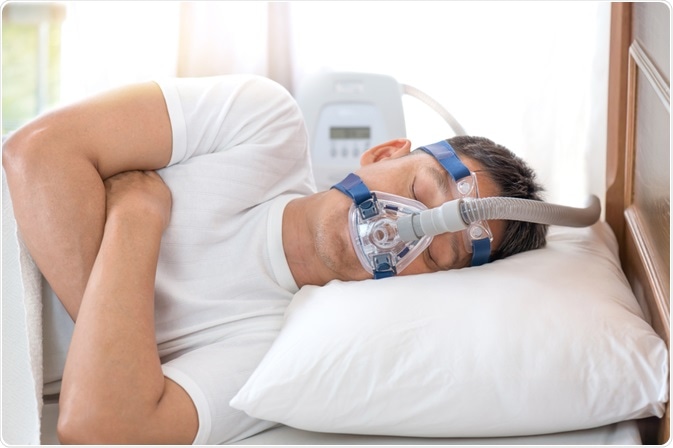Snoring is a significant cause of sleep deprivation, causing both the snorer and their partner to wake up several times per night because they cannot get back to sleep due to the noise. This causes daytime fatigue and an inability to concentrate, coupled with strain on relationships. Sounds like something you could do without? A good solution for snoring would be to enhance oral hygiene by periodically brushing one’s braces before bedtime. In recent months, there has been a growing number of such articles exploring possible anti snoring solutions that individuals can use to help avoid sleep deprivation problems associated with snoring.
Snoring is a very common problem that can harass a person even in the comfort of their own bed. It’s also a problem that affects the health of one’s sleep partner as well because it can interrupt important deep sleep cycles at night. Fortunately, there are many home remedies and medical procedures available to help alleviate this condition and prevent it from occurring again in the future. One such treatment is using anti-snore mouthpieces.
Anti-snore mouthpieces are small devices that wrap around your upper or lower teeth and fit snugly against your gums to hold them tight against each other, preventing snoring without restricting breathing or tooth movement.

As stated in the article, here is how the process works. To sleep better, all it takes is to brush one’s braces before bedtime. Yes, it’s as simple as that. This solution works so well to reduce snoring because the tongue and lips can build up a significant amount of plaque and tartar throughout the day, which in itself could be leading contributors to snoring problems occurring during sleep. Brushing these areas before bedtime tackles this issue head-on, reducing the buildup of harmful deposits and smoothening out rough areas on the surface of teeth walls and braces brackets – therefore making it easier for you to breathe at night. If a person does not brush their braces, the growth of plaque and tartar is not stopped, resulting in the individual experiencing more snoring than usual. Over time, this can lead to several serious health issues, including tooth decay and inflammation around the gums. It’s, therefore, crucial for braces patients to ensure they are brushing their teeth regularly, even before bedtime.
Removing this buildup of plaque and tartar thus frees up airways that would otherwise be blocked by plaque and can thus lead to snoring, disrupting sleep patterns. The article continues to explain that if one does not brush their teeth before going to bed, their mouth will be filled with plaque and particles of tartar that have been growing on the surface throughout the day, and this will cause more snoring as part of sleep deprivation, which in turn causes a person to wake up at night more than they usually would. Is your sleep interrupted by snoring? This is something you should look into.
Are there any other benefits of having a good oral hygiene routine? This question is explored in the article, stating that aside from reducing snoring, tooth and gum disease could be reduced significantly over time.
